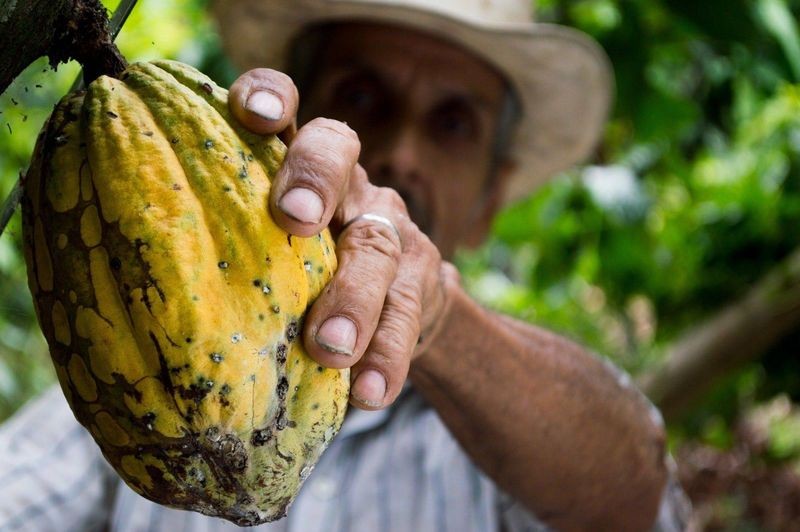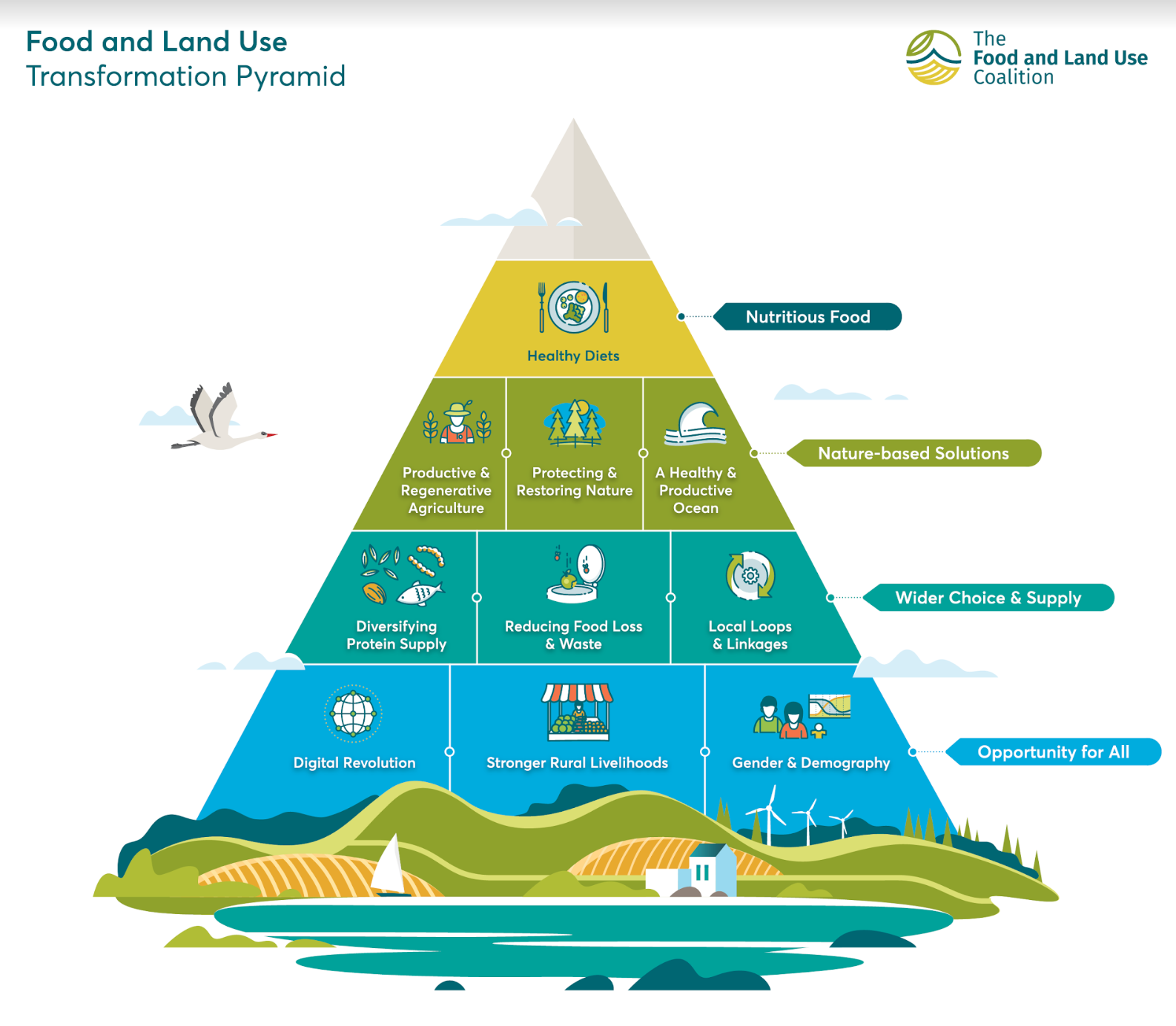
A series of recent reports have concluded that the world’s food system is broken. The most recent of these studies, released this week from the Food and Land Use Coalition (FOLU) speaks to 10 global transformations over the next decade with potential to help tackle the climate crisis while feeding a projected global population of nine billion people by 2050.
17th September 2019
A series of recent reports have concluded that the world’s food system is broken. The most recent of these studies, released this week from the Food and Land Use Coalition (FOLU) speaks to 10 global transformations over the next decade with potential to help tackle the climate crisis while feeding a projected global population of nine billion people by 2050.
Food and land use systems are leading sources of the greenhouse gas emissions driving climate change and, as covered by outlets including The Guardian, public taxes are providing more than $1m per minute in global farm subsidies, much of which is driving the climate crisis and destruction of wildlife.

Underinvested, inequitable food and land use systems consign many to lives of constant insecurity. More than 820 million people, most of them in sub-Saharan Africa and South Asia, still regularly go hungry. At the same time, some 680 million adults elsewhere are obese. Current trends show that half of the world’s population will suffer from malnutrition and related health effects by 2030, placing a heavy financial and operational burden on health services and reducing productive potential. Two-thirds of the 740 million people currently living in extreme poverty (earning the equivalent of $1.90/day) are agricultural workers and their dependents.
FOLU’s Growing Better report builds on recent work from United Nations agencies. In May, the UN’s Intergovernmental Science-Policy Platform on Biodiversity and Ecosystem Services (IPBES) found that human activity has already pushed a million plant and animal species to the brink of extinction and warned that “we are eroding the very foundations of our economies, livelihoods, food security, health, and quality of life worldwide.”
130 national academies of science and medicine concluded in November that current food systems are driving the planet towards climate catastrophe, while also leaving billions of people either underfed or overweight. Another report found that avoiding meat and dairy was the single biggest way for individuals to reduce their environmental impact on the planet, with livestock and associated activities land-uses currently monopolizing 83 percent of farmland to produce just 18 percent of our dietary calories.
Next week’s UN Climate Summit in New York City will include nature-based solutions are one of the main areas of focus for world leaders’ attention. Agriculture and food systems initiatives offer opportunities for countries working to transform the sustainability of their food production systems. Actions include promoting healthy green supply chains; prioritizing sustainable and emissions-efficient crops and livestock systems; working to increase carbon sequestration in global soils; and reducing carbon emissions from crops, livestock and food waste.

To learn more visit https://nature4climate.org/naturesclimatehub/ and see your country’s potential for natural climate solutions using the NCS global atlas.